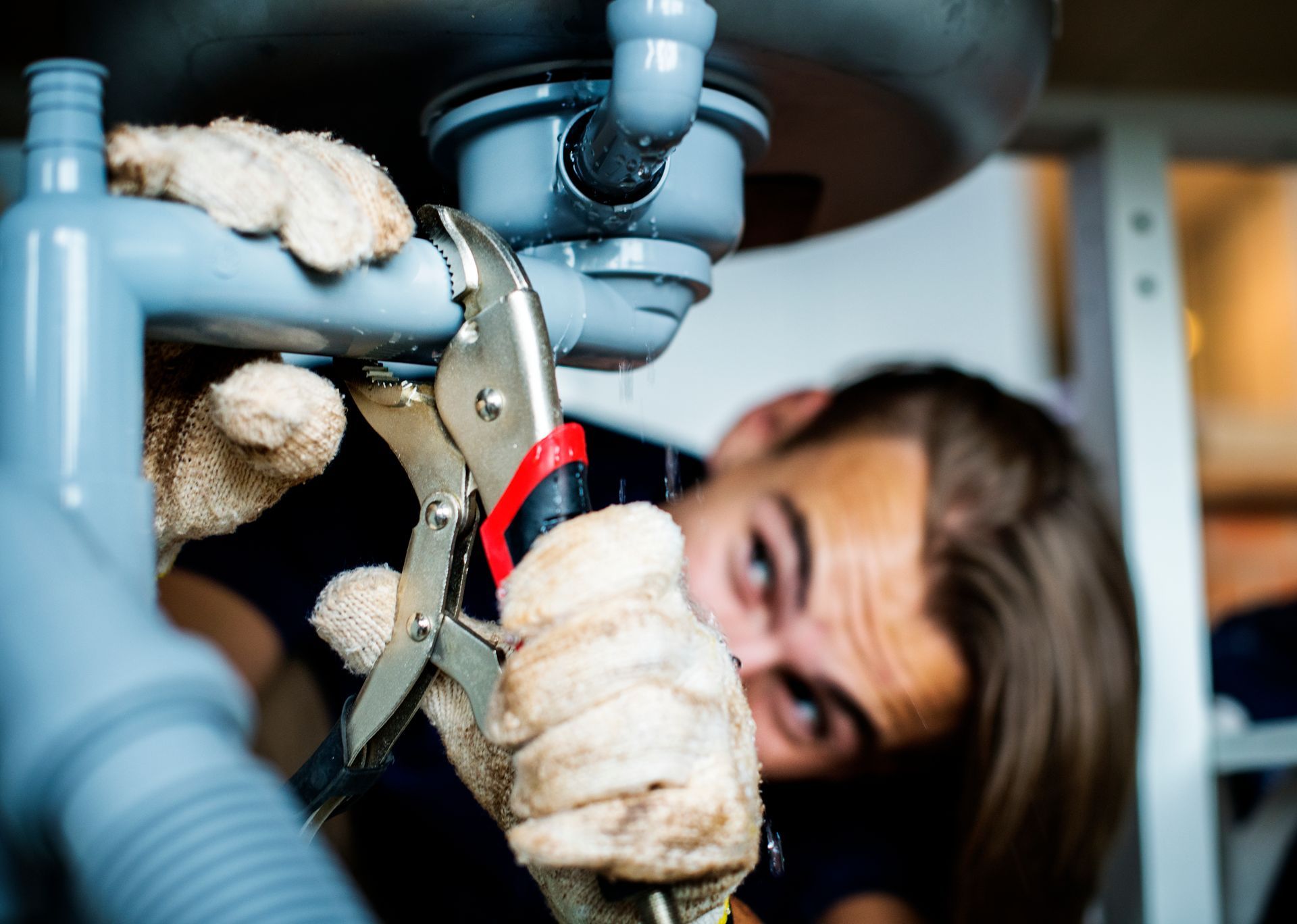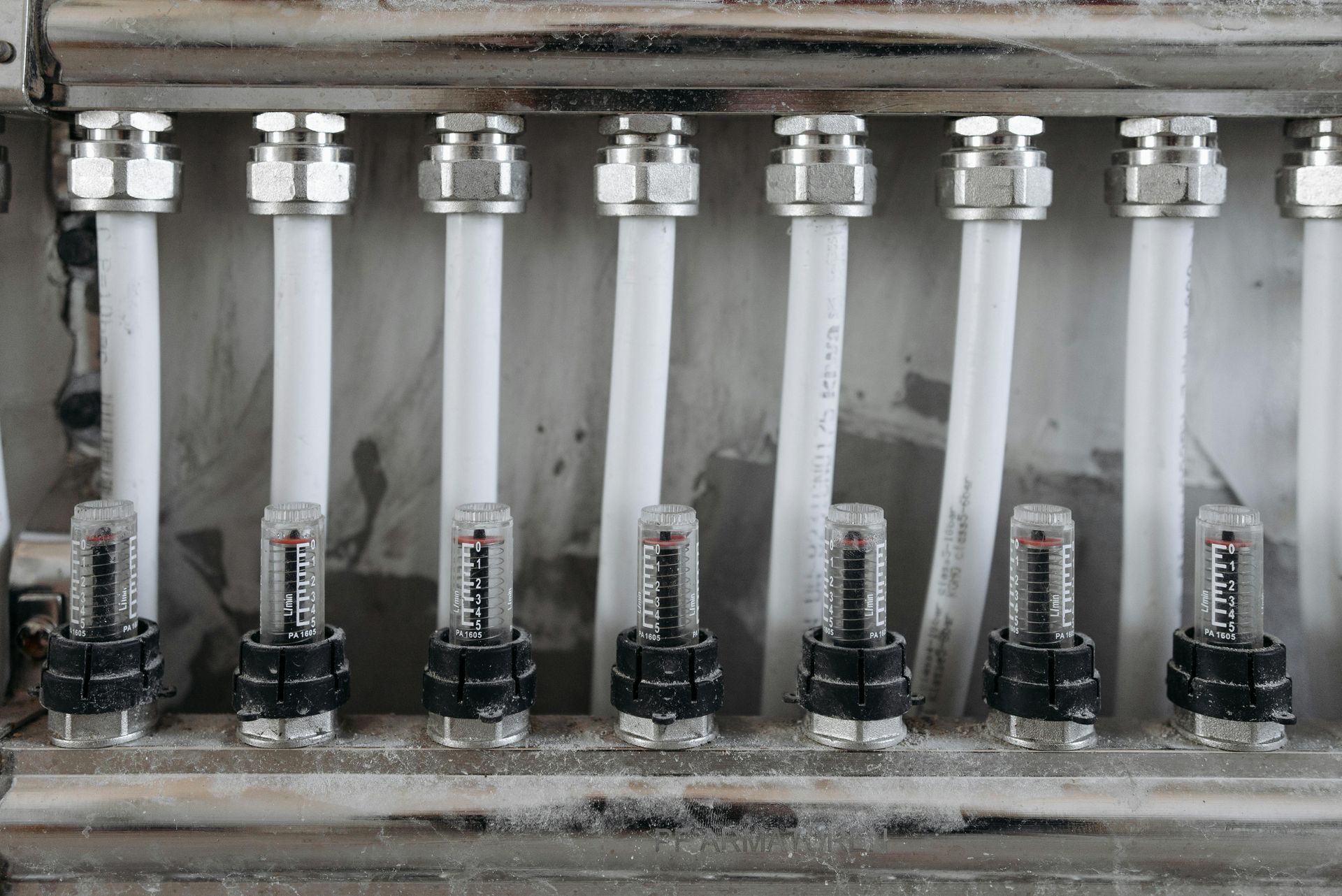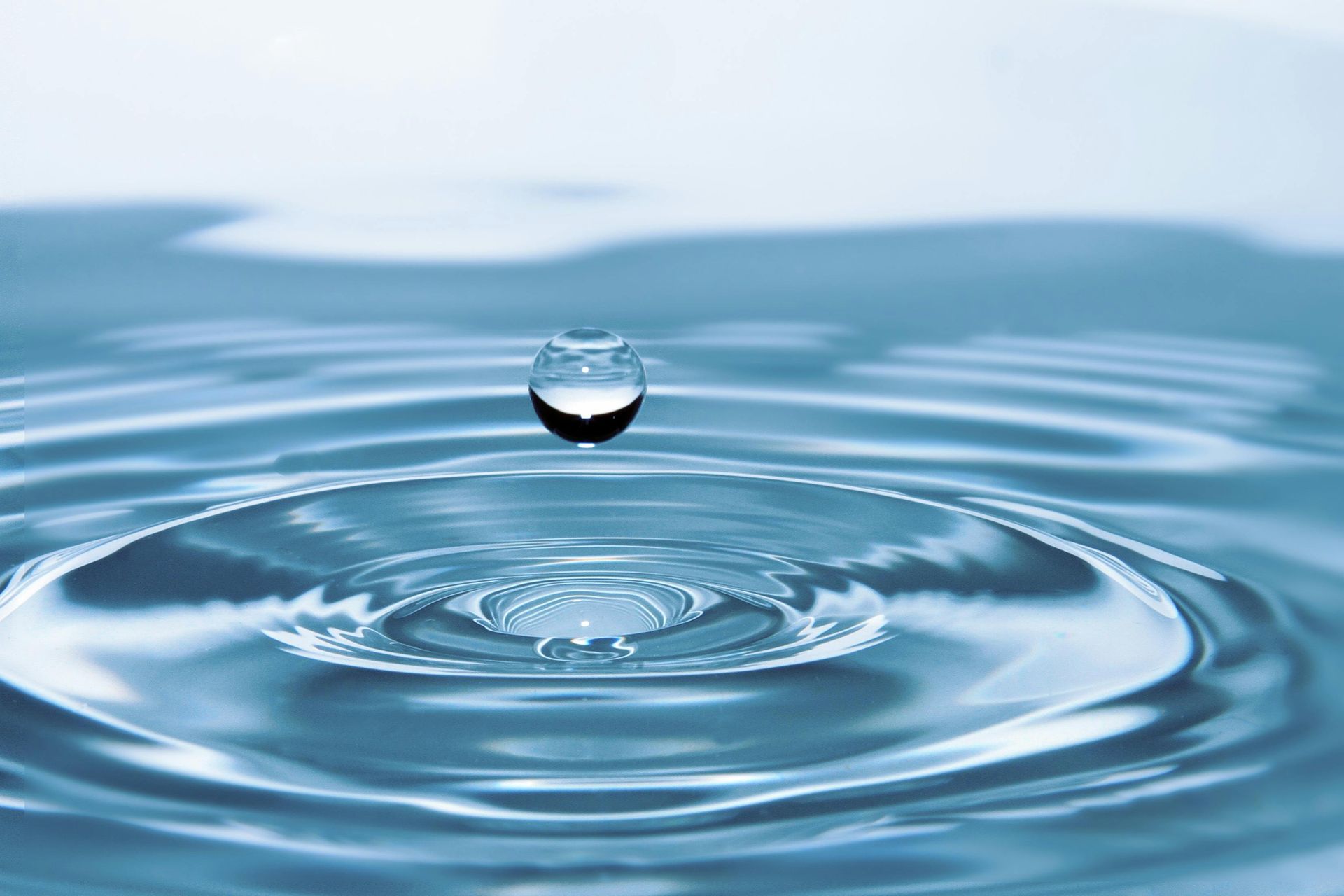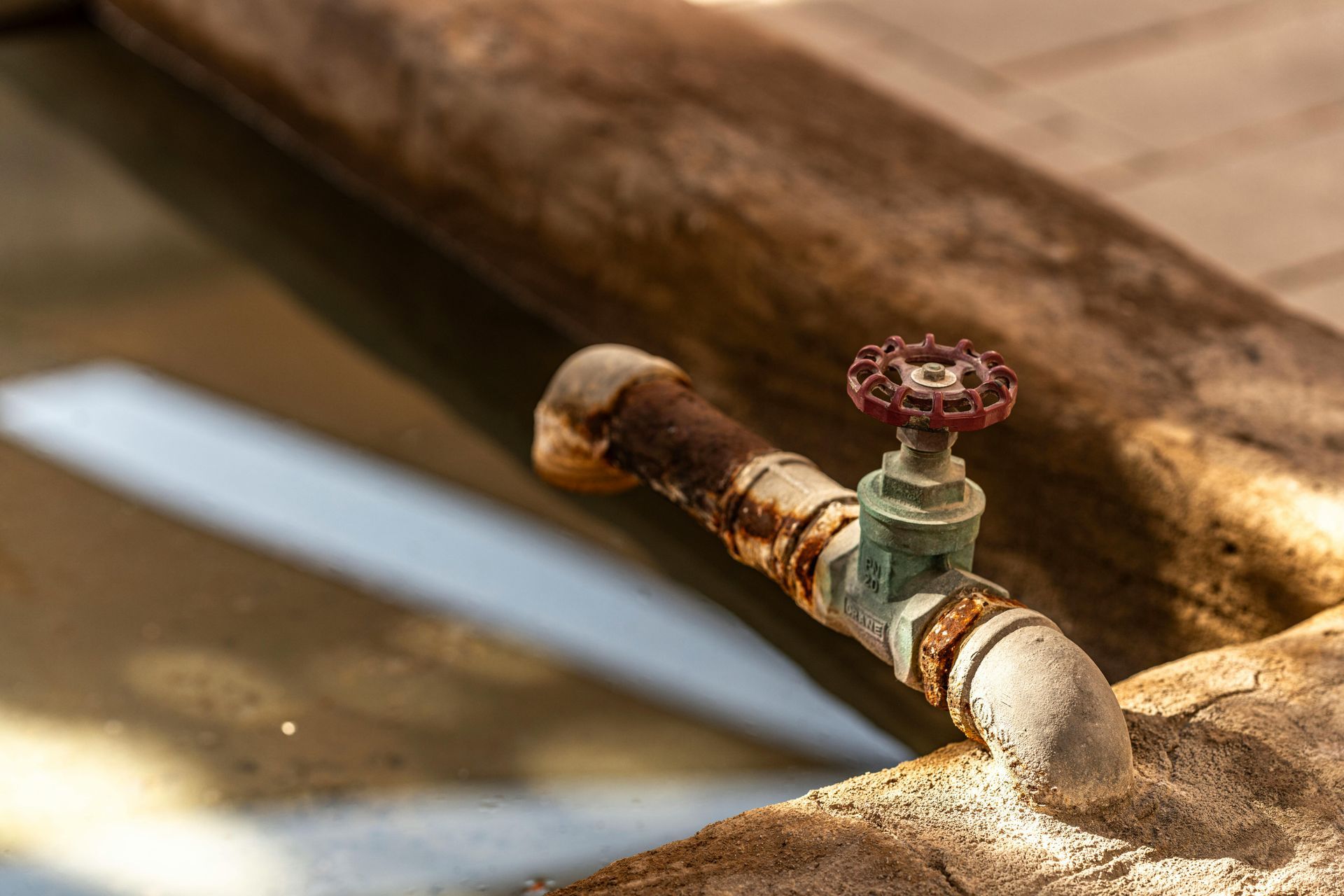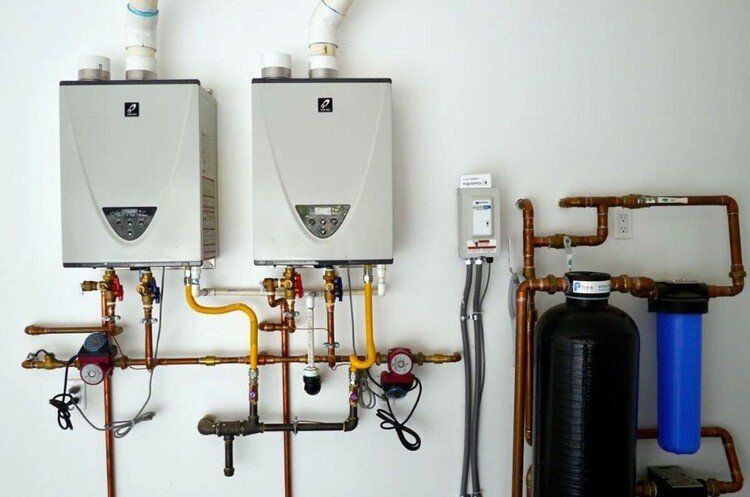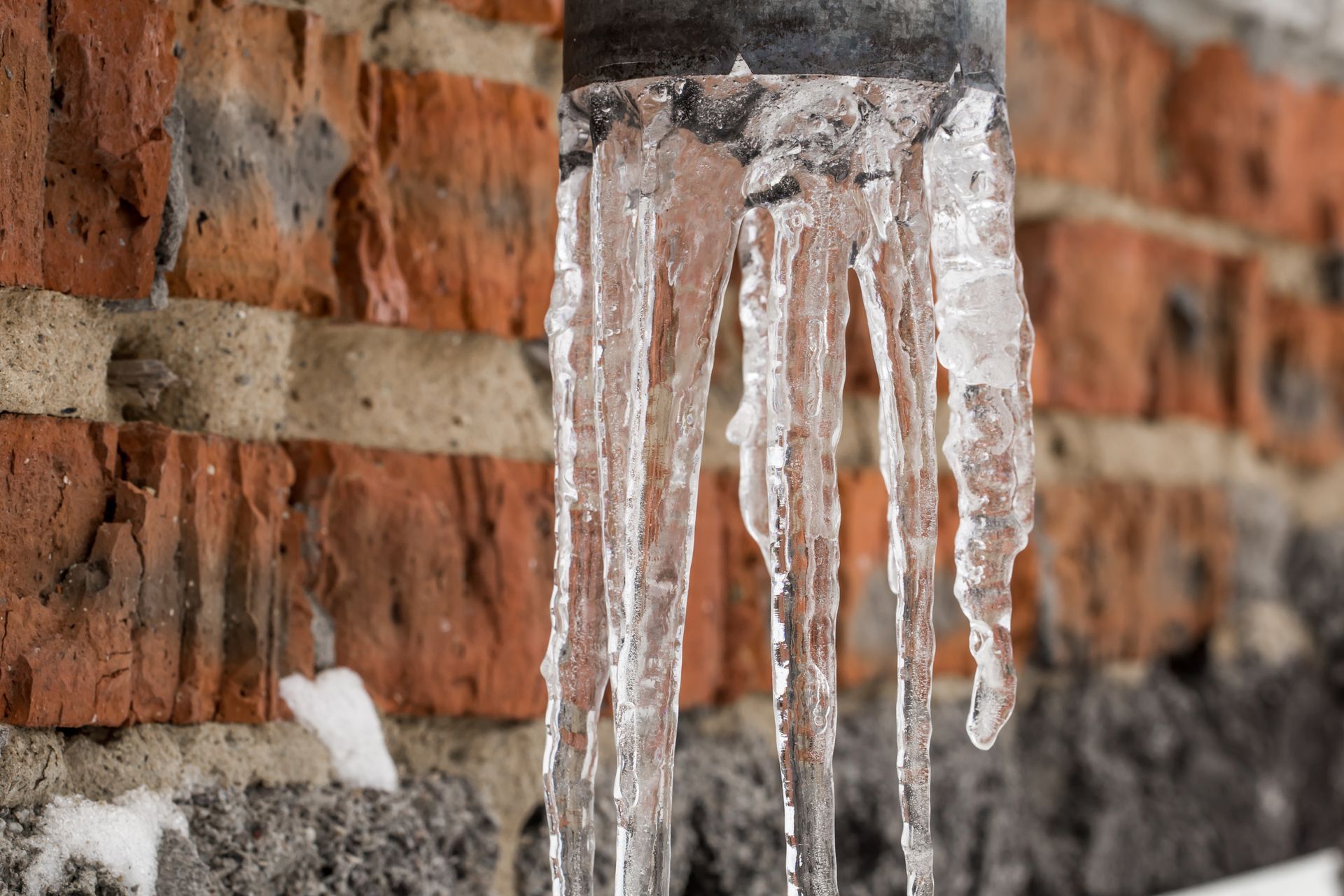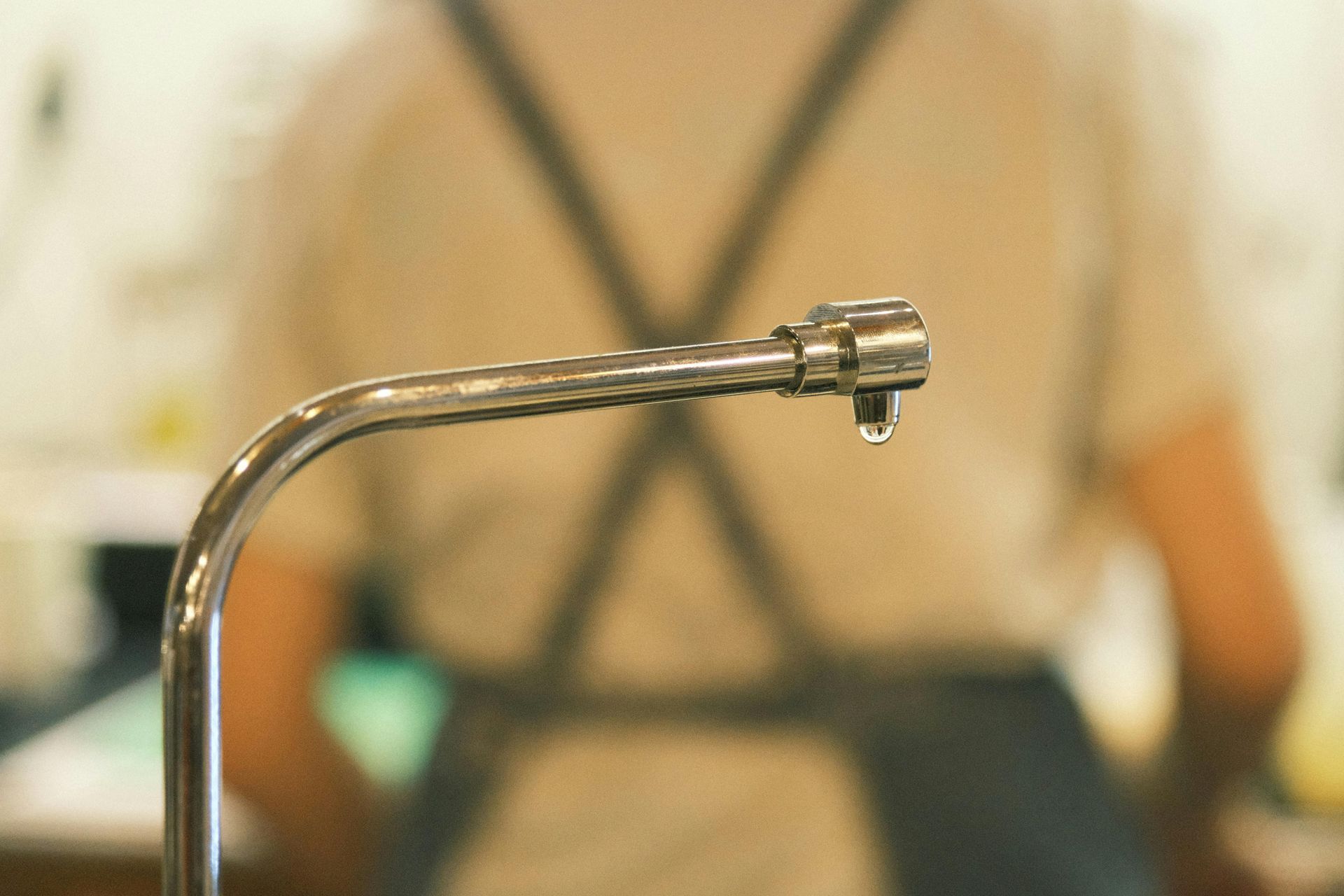Upgrading to a Heat Pump Water Heater: Is It Worth It?
As energy efficiency and environmental consciousness become increasingly important to homeowners, many are considering upgrading their existing water heaters to newer, more sustainable technologies. Among these, heat pump water heaters have gained popularity due to their promise of significant energy savings and reduced environmental impact. This article provides an in-depth look at heat pump water heaters, exploring their advantages, disadvantages, maintenance needs, and whether this upgrade is truly worth the investment. Throughout the article, the expertise of professional services like All City Plumbers will be referenced as essential for installations and servicing.
Understanding Heat Pump Water Heaters
Heat pump water heaters operate on a fundamentally different principle compared to traditional electric or gas water heaters. Instead of generating heat through electric resistance or combustion, they extract heat from the surrounding air and transfer it to the water stored in the tank. This process is similar to how air conditioners or refrigerators function but in reverse, essentially “pumping” heat rather than producing it.
Because heat pump water heaters use ambient heat, they are generally much more energy-efficient than conventional models. While an electric heater converts electrical energy directly to heat, a heat pump uses electrical energy to move existing heat, which can result in using up to 70% less electricity for water heating. This heightened efficiency translates into lower utility bills and a reduction in carbon emissions, making heat pump water heaters an attractive choice for environmentally conscious homeowners.
Benefits of Upgrading to a Heat Pump Water Heater
One of the primary benefits of a heat pump water heater is its impressive energy efficiency. Lower electricity consumption significantly reduces monthly energy costs, which can add up to substantial savings over time. Moreover, many regions offer tax rebates and incentives to encourage the adoption of energy-efficient technologies, offsetting the initially higher purchase and installation costs. These financial incentives combined with lower operating expenses often lead to recovery of upfront investment within three to six years.
Besides cost savings, heat pump water heaters have a longer expected lifespan compared to traditional water heaters. A well-maintained heat pump can last between 10 to 15 years, ensuring a dependable source of hot water over a prolonged period. The technology is also environmentally friendly, producing fewer greenhouse gas emissions and reducing household carbon footprints.
For homes with moderate to high hot water demand, heat pumps typically provide a reliable supply of hot water. Their design includes a storage tank, ensuring that hot water is available whenever needed, which is comparable to conventional water heaters' functionality.
Drawbacks and Considerations
Despite their many advantages, heat pump water heaters have several drawbacks that homeowners should consider. Firstly, the upfront cost of purchasing and installing a heat pump water heater is significantly higher than that of traditional electric or gas models. The price premium can be a barrier, particularly if homeowners have budget constraints. Although long-term savings compensate for this price over time, the initial investment remains a critical factor.
Heat pump water heaters require a considerable amount of space to function efficiently. These systems need room for air intake and exhaust, with recommended free space around 450 to 1,000 cubic feet to ensure proper airflow. This requirement can be challenging for homes with limited installation space, such as small basements or compact utility closets.
Another consideration is the climate sensitivity of heat pump water heaters. Because they rely on extracting heat from the ambient air, their efficiency can decrease in colder environments. In cold climates, the heat pump may switch to an auxiliary electric heating mode that is less efficient, diminishing potential energy savings. Homeowners in such regions need to weigh this factor when deciding on an upgrade.
In terms of usability, heat pump water heaters generally take longer to heat water compared to traditional models. The lower operating temperatures of the heat pump system lead to extended heating cycles, which might require adjustments in household hot water usage patterns, especially during peak demand periods.
Noise generated by the heat pump’s compressor and fans is another factor to consider. While advancements have made many models quieter, some sound is inevitable. Careful placement away from living areas or bedrooms is advisable to minimize disturbances.
Finally, heat pump water heaters demand regular maintenance to maintain their efficiency. This includes monitoring refrigerant levels, cleaning or replacing air filters, and inspecting electrical connections. Knowing the frequency of flushing your water heater is also essential, as sediment buildup can affect its performance and longevity. Engaging professionals like All City Plumbers ensures maintenance is properly conducted, prolonging the system's lifespan.
Installation and Professional Expertise
Upgrading to a heat pump water heater is not a simple plug-and-play task. Proper installation is crucial for ensuring optimal performance and safety. The unit must be situated in an appropriate location with sufficient ventilation and airflow. Additionally, the plumbing and electrical systems may require modifications to accommodate the new technology.
Experienced plumbers, such as All City Plumbers, play a vital role in the installation process. Their expertise ensures that the heat pump water heater is sized correctly, installed per manufacturer specifications, and compliant with local building codes. Furthermore, professional installation mitigates risks related to handling refrigerants, electrical connections, and condensate drainage.
Comparison to Other Water Heater Technologies
When considering an upgrade, it is also useful to compare heat pump water heaters to other popular water heating technologies such as conventional electric, gas, and solar-powered water heaters. While traditional electric and gas units often have lower initial costs and faster heating times, they lack the energy efficiency and environmental benefits of heat pumps.
Solar powered water heaters present another eco-friendly option. They harness renewable solar energy to heat water, reducing utility costs and carbon emissions. However, their effectiveness depends heavily on geographic location and sunlight availability, and they usually require a backup system for cloudy days or high demand. Maintenance can also be more involved due to the solar collectors.
Heat pump water heaters strike a balance between energy efficiency, reliability, and environmental impact. For many households, especially those in milder climates with adequate space, they provide a compelling solution that combines operational savings with reduced emissions.
Is Upgrading Worth It?
Deciding whether upgrading to a heat pump water heater is worth it requires assessing several factors: current water heater performance, available space, climate, budget, and household hot water needs. The higher upfront cost may deter some, but long-term savings, environmental benefits, and advanced technology often justify the investment.
Homeowners looking for lower energy bills and reduced carbon footprints will find heat pump water heaters an excellent option. For others, particularly those dealing with space constraints or colder climates, alternative water heating solutions might be more practical.
Professional consultation with experts like All City Plumbers can provide tailored advice based on specific home conditions and requirements. These specialists can evaluate the suitability of a heat pump water heater, recommend appropriate models, and handle all phases of installation and maintenance efficiently.
Conclusion
Upgrading to a heat pump water heater represents a significant step toward energy-efficient, environmentally responsible water heating. While the initial cost and installation requirements are higher compared to traditional systems, the long-term benefits in energy savings, reduced greenhouse gas emissions, and durability make heat pumps a worthy consideration. Homeowners should carefully weigh the pros and cons and consult professional plumbers such as All City Plumbers to ensure a smooth transition. With proper maintenance, including regular flushing and servicing, a heat pump water heater can provide reliable, efficient hot water for many years, making it a valuable investment for modern homes.

